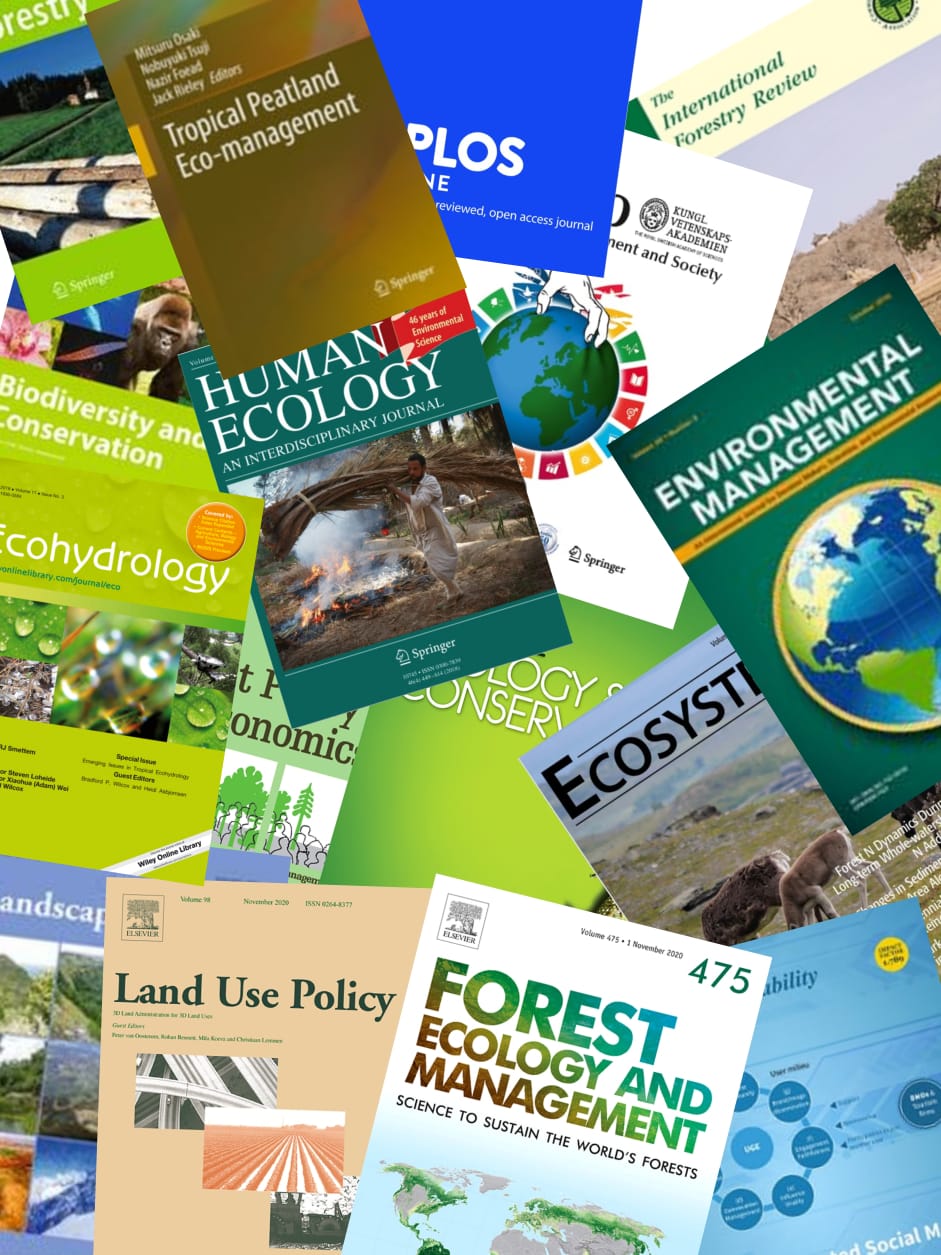[...]property reforms have consistently been rejected, by activists in recent years, but also by politicians in the late colonial period, as Anton Ploeg describes. In the absence of the regulatory architecture required to convert resources into assets, other economic reforms are bound to fail; from this perspective, customary land tenure in Papua New Guinea and other parts of the Pacific poses a barrier to economic growth and reproduces the conditions responsible for poverty. The contributors ask what is perhaps the burning question for the Asia-Pacific region, how to increase economic opportunity without sacrificing local knowledge and resources, safeguards against landlessness, and the diversity of local values embodied in different systems of customary land tenure.
View source

